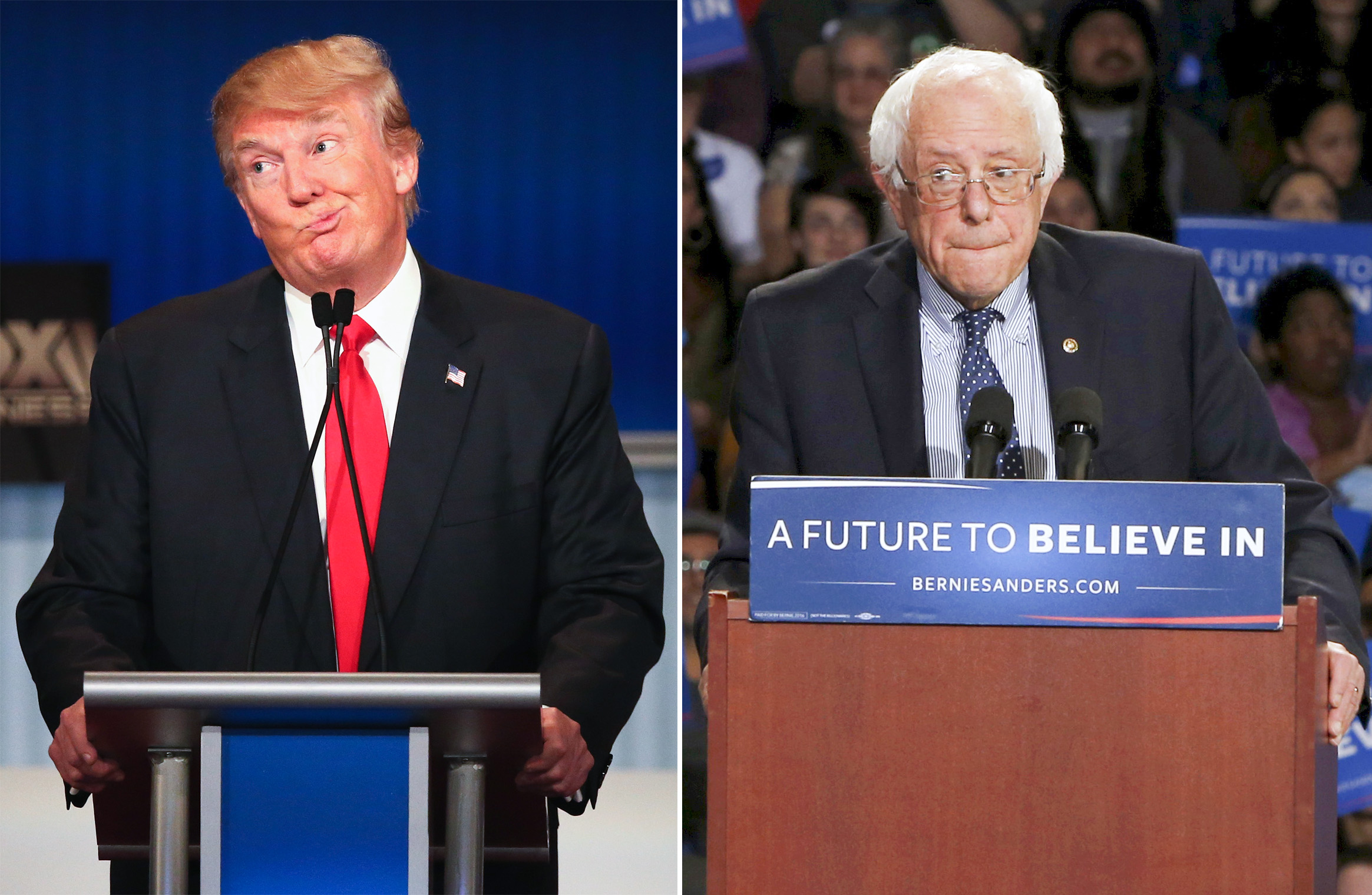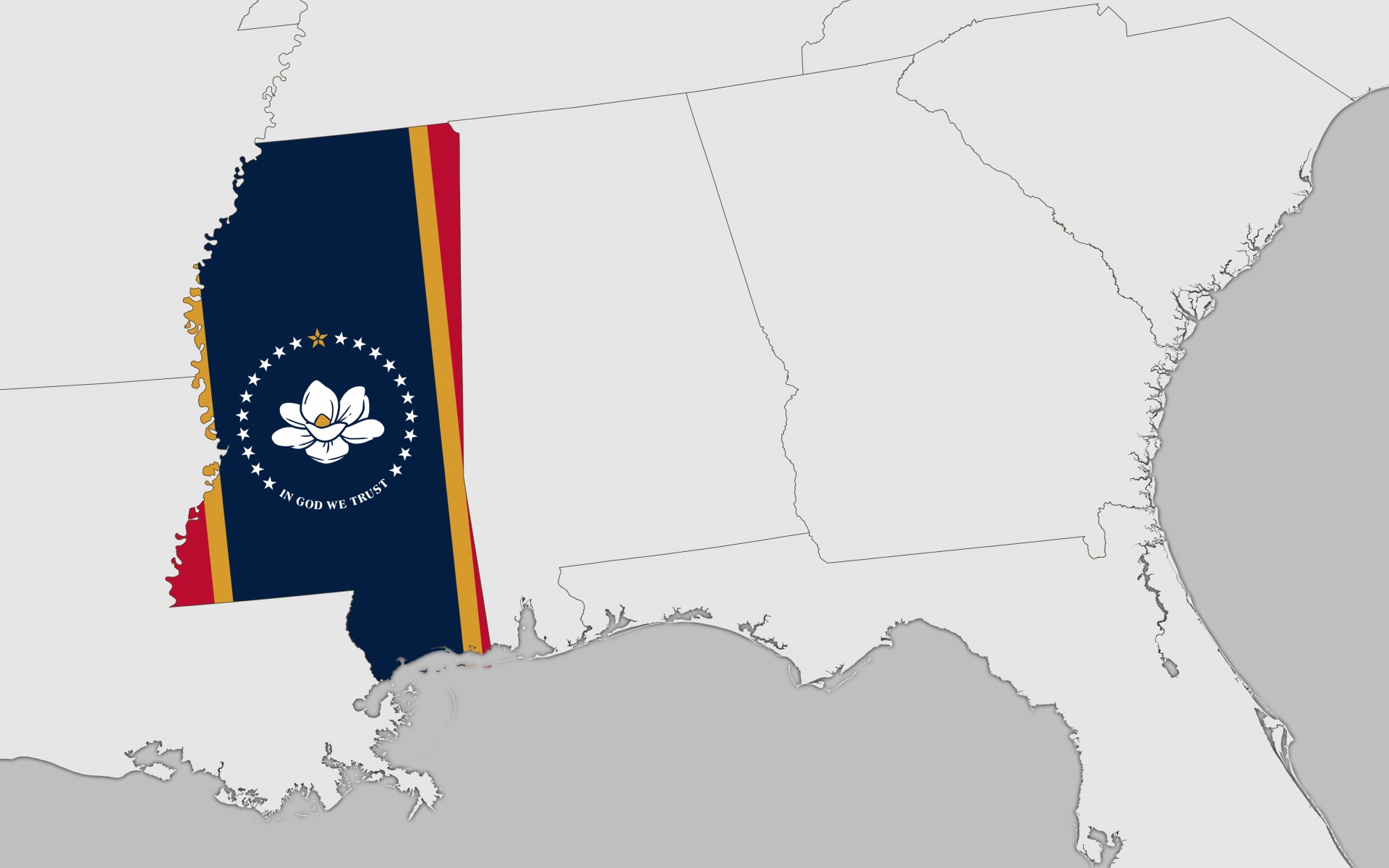Donald Trump has revealed an alarming lack of policy knowledge. So has Bernie Sanders.
Even populist politicians should know a little something about policy


Donald Trump completely beclowned himself in a recent interview with The Washington Post. Even by his standards, it was a pretty embarrassing display of policy ignorance — though it probably played little or no role in his double-digit loss to Ted Cruz in Tuesday's Wisconsin primary.
But it should have. This was perhaps the low-light: At one point, Trump promised to pay off the entire $19 trillion national debt by the end of his second term as president. But doing that — while also keeping promises to cut taxes, increase defense spending, and leave Social Security and Medicare untouched — would require Trump to somehow juice the economy so that it grew by a magical 25 percent a year, according to the newspaper's analysis.
Economicus growthus leviosa!
The Week
Escape your echo chamber. Get the facts behind the news, plus analysis from multiple perspectives.

Sign up for The Week's Free Newsletters
From our morning news briefing to a weekly Good News Newsletter, get the best of The Week delivered directly to your inbox.
From our morning news briefing to a weekly Good News Newsletter, get the best of The Week delivered directly to your inbox.
That 25 percent figure is roughly eight times higher than the U.S. economy's average growth rate since World War II. To get to 25 percent, you're basically talking about a Star Trek economy of machine superintelligence, nanotechnology, and almost infinite abundance. Science fiction bordering on science fantasy. Indeed, as one budget analyst told the Post, "It's more consistent with a world where we're hiring butlers for our vacation homes on Ganymede."
Donald Trump, the post-Singularity candidate. Perhaps his U.S.-Mexico border will be a deflector shield or maybe an artificial wormhole that will automatically transport illegal immigrants back to their home countries.
But hey, Trump gonna Trump. He shouldn't be the standard by which voters judge the knowledge, experience, and competency of the other candidates. It's not a very high bar, after all.
Then again, if voters don't care, why should the candidates? Maybe the lesson of Trump's improbable ascent is not to bother with reason and data-driven policy positions.
A free daily email with the biggest news stories of the day – and the best features from TheWeek.com
Take Wisconsin-winner Bernie Sanders, someone treated — at least by the media — as a more serious thinker than Trump. But a recent Sanders sit-down the New York Daily News showed an almost Trumpian lack of policy knowledge and intellectual curiosity. When asked about trade, Sanders — as Trump does — decried the loss of U.S. manufacturing jobs to lower-cost nations from "bad deals" and "disastrous trade policies." Yet research suggests most — maybe 80 percent or more — of the decline in U.S. manufacturing jobs has been because of higher productivity and automation. Indeed, even as employment has fallen over the decades, manufacturing output has increased. Nor does Sanders seem to have much idea of how to get those jobs back or stop others from leaving. Would he, like Trump, ban companies from offshoring and outsourcing unless poorer nations paid workers more?
Of course, that can't happen. They're poor countries. And the only way they can broadly raise incomes and living standards is through trade and investment, which Sanders and Trump oppose. Or do only the American poor matter? How would Sanders help the global poor if not through capitalism? Yet it has been capitalism, not wealth taxes and redistribution, that has reduced extreme global poverty by a billion people since 1990.
Trade was hardly the only issue Sanders struggled with. He wants to break up the megabanks, but is fuzzy on how to make that happen, or if there might possibly be any downsides or unintended consequences. He says Wall Street's business model is "fraudulent" and executives should be prosecuted, but isn't quite sure for what crimes. He wants drone attacks to kill terrorists — not innocent people — but only says the "mechanism" needs to somehow be "refined" to avoid collateral damage. Sanders was also weak on his core issue of inequality, blaming only corporations and their attempts to "destroy trade unions." Yet inequality has been rising across advanced economies, suggesting broad macro forces — such as technology — may be playing a key role.
On many issues — abortion being one recent example — Trump doesn't seem to know what the policy arguments are. He just sort of reacts and says stuff off the top of his head. Sanders is a bit better, maybe. He perhaps understands his own left-wing argument, but not opposing ones from the center or right. And maybe that's unnecessary if your opponents are merely lackeys for Big Business. But it's hard to really understand a problem or know what to do about it if you don't know all sides. Even populist politicians should know a little something about policy.
James Pethokoukis is the DeWitt Wallace Fellow at the American Enterprise Institute where he runs the AEIdeas blog. He has also written for The New York Times, National Review, Commentary, The Weekly Standard, and other places.
-
 How Mississippi moved from the bottom to the top in education
How Mississippi moved from the bottom to the top in educationIn the Spotlight All eyes are on the Magnolia State
-
 Why Greenland’s natural resources are nearly impossible to mine
Why Greenland’s natural resources are nearly impossible to mineThe Explainer The country’s natural landscape makes the task extremely difficult
-
 The Week contest: Post-surgery Spanish
The Week contest: Post-surgery SpanishPuzzles and Quizzes
-
 The billionaires’ wealth tax: a catastrophe for California?
The billionaires’ wealth tax: a catastrophe for California?Talking Point Peter Thiel and Larry Page preparing to change state residency
-
 Bari Weiss’ ‘60 Minutes’ scandal is about more than one report
Bari Weiss’ ‘60 Minutes’ scandal is about more than one reportIN THE SPOTLIGHT By blocking an approved segment on a controversial prison holding US deportees in El Salvador, the editor-in-chief of CBS News has become the main story
-
 Has Zohran Mamdani shown the Democrats how to win again?
Has Zohran Mamdani shown the Democrats how to win again?Today’s Big Question New York City mayoral election touted as victory for left-wing populists but moderate centrist wins elsewhere present more complex path for Democratic Party
-
 Millions turn out for anti-Trump ‘No Kings’ rallies
Millions turn out for anti-Trump ‘No Kings’ ralliesSpeed Read An estimated 7 million people participated, 2 million more than at the first ‘No Kings’ protest in June
-
 Ghislaine Maxwell: angling for a Trump pardon
Ghislaine Maxwell: angling for a Trump pardonTalking Point Convicted sex trafficker's testimony could shed new light on president's links to Jeffrey Epstein
-
 The last words and final moments of 40 presidents
The last words and final moments of 40 presidentsThe Explainer Some are eloquent quotes worthy of the holders of the highest office in the nation, and others... aren't
-
 The JFK files: the truth at last?
The JFK files: the truth at last?In The Spotlight More than 64,000 previously classified documents relating the 1963 assassination of John F. Kennedy have been released by the Trump administration
-
 'Seriously, not literally': how should the world take Donald Trump?
'Seriously, not literally': how should the world take Donald Trump?Today's big question White House rhetoric and reality look likely to become increasingly blurred
